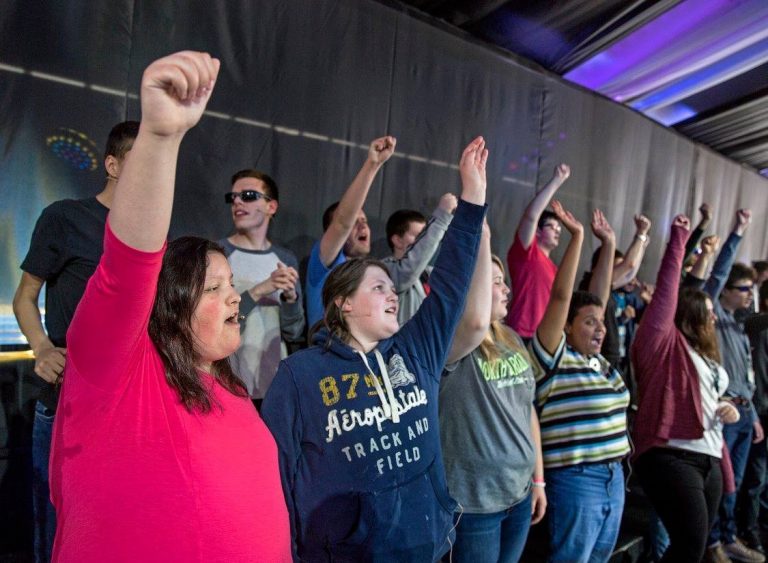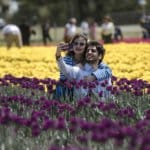
A US school for the blind plans to train one million teachers around the world by 2030 to educate the six million visually impaired children who also have other disabilities, to increase their chances of living independently and finding jobs.
The Perkins School for the Blind aims to work with governments to train specialist teachers who can meet the complex needs of these children and young adults. Many lack educational opportunities and are often left at home, or put into orphanages and care facilities in poorer countries.
“This is one of the most vulnerable populations in the world,” said Dave Power, chief executive of the Massachusetts-based school, which taught deaf and blind writer Helen Keller.
“More than 90 percent of these children do not get an education – either because they don’t have the right to an education, or the school system they’re in doesn’t know how to teach them and reach them,” he said.
The school recently piloted its teacher training programme in Argentina and India. It can be adapted to different languages and cultures, although the multi-sensory core curriculum for children who are blind, or deaf and blind works globally.
Haja, who's blind, is getting an education. But millions of children with disabilities aren't https://t.co/wUJjw0f3O2 #InThePicture pic.twitter.com/NGgowC7AE2
— Sightsavers (@Sightsavers) May 15, 2017
Conducting teacher training programmes online will help limit the cost, which Perkins expects to be covered by government budgets and bolstered by grants.
Power noted in 2015 all countries signed up to the Sustainable Development Goals, which include a goal of inclusive, quality education for all and aim to ensure training for people with disabilities, boost their social participation and create equally paid jobs for them.
“We’re ready to work with any education ministry that really wants to make progress in a measurable way to reach this population,” Power said.
As well as bringing children into the education system and potentially boosting their job prospects, the programme will also give their parents a chance to work more hours and improve their economic situation, Perkins’ international unit executive director Michael Delaney said.
Highlighting the case of an orphanage in Indonesia where children with multiple disabilities had been kept in their beds all day ,but are now being educated and becoming part of the local community, Delaney said increasing public and government awareness was crucial.
You don't need vision to binge the latest #Netflix show. With audio description, #BlindPeopleCan watch tv just fine: https://t.co/uxjeIuER6L pic.twitter.com/csX6R52Xib
— Perkins School for the Blind (@PerkinsVision) June 14, 2017
Perkins is now working with Mexico’s government to implement a teacher training programme and looking at options in Central America and Brazil.
“In Latin America, we’re very over-protective,” said Daniela Gissara, an educational specialist with Perkins International. “We think if we keep children with multiple disabilities at home, we’re doing good for them.”
“These children can have productive and successful lives, and can be independent as the rest, if they get the appropriate education,” she said.
Liked this? Then you’ll love these…
Mother’s grit pays off as son with cerebral palsy enrolls in Harvard







